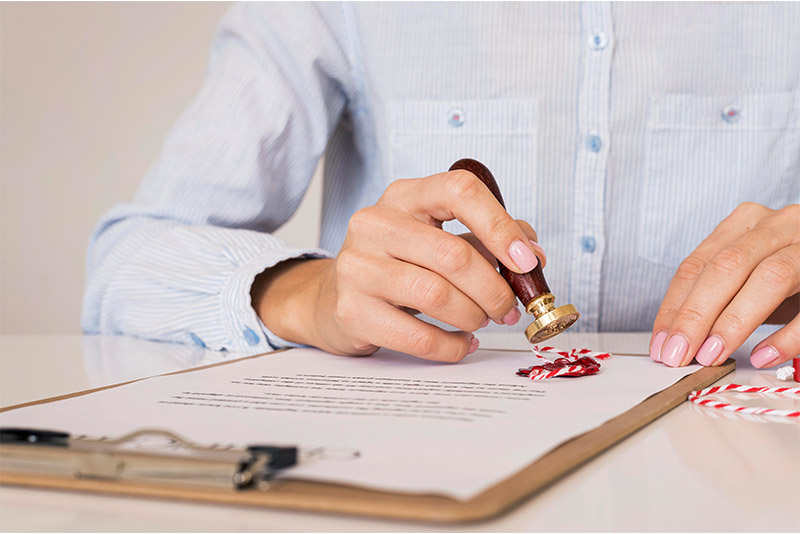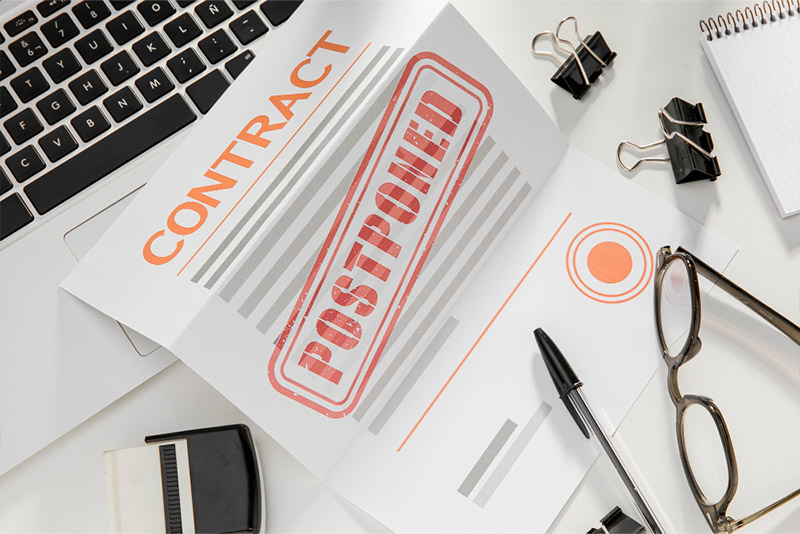Debt collection is a necessary yet sensitive process for many businesses in Singapore. Whether you’re an SME owner, law firm, property manager, telecom provider, medical clinic, or part of a corporate finance team, late or unpaid debts can disrupt cash flow, limit growth, and increase operational stress.
However, not all debt collection services operate the same way. Choosing between a licensed and unlicensed debt collector can be the difference between a smooth, legal recovery and a risky, reputation-damaging experience.
In this article, we’ll explore the critical differences between licensed and unlicensed debt collectors in Singapore, including legal requirements, operational practices, and the risks you should be aware of.
Understanding Licensed Debt Collectors in Singapore
Definition and Role
A licensed debt collector Singapore is an agency or professional registered as a legitimate business in Singapore, operating in compliance with local laws and industry guidelines.
They follow strict protocols to ensure their recovery methods are:
- Legal (in accordance with Singapore law)
- Ethical (no harassment or threats)
- Professional (transparent communication and reporting)
Legal Compliance
Licensed agencies must adhere to:
- The Penal Code and Protection from Harassment Act (POHA)
- The Personal Data Protection Act (PDPA) for handling debtor information
- Best practice guidelines issued by industry associations, such as the Credit Collection Association of Singapore (CCAS)
📌 Example: If a licensed agency contacts a debtor, they will typically use formal letters, documented phone calls, and in-person visits at reasonable hours — all documented for accountability.
Read more about: What to Expect When Working with a Licensed Debt Collector in Singapore
What Are Unlicensed Debt Collectors?
Definition and Risks
An unlicensed debt collector is an individual or company operating without proper business registration, industry affiliation, or compliance training. They may lack the necessary legal understanding to operate within Singapore’s strict regulations.
While not every unlicensed collector acts illegally, the risk of harassment, reputational damage, and legal liability increases significantly.
Common Issues with Unlicensed Collectors
- Harassment tactics such as repeated calls at odd hours
- Public shaming of debtors (e.g., posting details online)
- Threatening behaviour or property damage
- Mishandling of personal data in breach of PDPA
📌 Real-World Risk: If an unlicensed collector engages in illegal tactics, the creditor (you) may also face reputational or even legal consequences.
Key Differences at a Glance
| Factor | Licensed Debt Collectors | Unlicensed Debt Collectors |
| Legal Compliance | Fully compliant with Singapore laws | Often operate outside legal boundaries |
| Reputation | Protects your brand image | Risk of damaging public perception |
| Recovery Methods | Ethical and documented | May use harassment or intimidation |
| Data Protection | Adheres to PDPA | Risk of mishandling sensitive data |
| Industry Standards | Member of CCAS or similar | No recognised industry affiliation |
Why This Matters for Your Industry
SMEs and Corporations
Late payments can stall cash flow. Licensed collectors recover funds without alienating customers, which is crucial for repeat business.
Law Firms
Clients expect discretion and legal precision. An unlicensed collector’s misconduct could harm case integrity.
Property Managers and Landlords
Tenant disputes are sensitive; licensed agencies handle arrears professionally without escalating conflicts unnecessarily.
Telcos & Utilities
High-volume debt recovery requires scalable, compliant processes — something licensed collectors specialize in.
Medical & Dental Clinics
Patient relationships matter. A licensed approach ensures debt recovery doesn’t compromise patient trust.
Singapore Laws and Guidelines for Debt Collection
Singapore’s debt collection industry is guided by both legal statutes and voluntary codes of conduct. Licensed collectors are expected to:
- Clearly identify themselves during debtor contact
- Avoid physical confrontation or verbal abuse
- Maintain records of all communication attempts
- Respect debtor privacy and confidentiality
Unlicensed collectors, operating outside this framework, are more likely to cross legal lines — putting both themselves and their clients at risk.
Read more about:
- The Legal Process of Debt Recovery in Singapore Explained
- Top Strategies for Bad Debt Collection in the Singapore Market
How to Verify a Debt Collector’s Status
- Check ACRA Registration – Search the Accounting and Corporate Regulatory Authority database for the company’s business registration.
- Look for CCAS Membership – Membership in the Credit Collection Association of Singapore indicates adherence to industry guidelines.
- Request References – A legitimate collector will provide case studies or client testimonials.
- Review Documentation – Ask for a written service agreement outlining recovery methods, fees, and reporting practices.
Case Study: Avoiding a Debt Collection Disaster
A Singapore-based SME engaged an unlicensed collector to recover a $15,000 overdue payment. The collector resorted to public shaming tactics, posting the debtor’s personal details on social media. The debtor filed a harassment complaint, resulting in negative publicity for the SME.
The SME later switched to a licensed debt collection agency, which used formal legal notices and negotiation to recover the payment without further controversy. For faster results and peace of mind, many businesses rely on licensed debt collectors like Info Capital to handle recovery professionally.
Expert Tips for Choosing a Licensed Debt Collector
- Prioritise compliance – Always confirm ACRA registration and PDPA adherence.
- Evaluate communication style – Professional collectors maintain calm, factual dialogue.
- Ask about industry-specific experience – Especially if your debts involve legal, medical, or tenancy contexts.
- Request transparent fee structures – Avoid agencies that demand large upfront fees without clear terms.
Read more about: Why Hiring a Professional Debt Collection Agency Saves You Money
Conclusion
The differences between licensed and unlicensed debt collectors in Singapore are not just procedural — they can significantly impact your recovery success, brand reputation, and legal standing. Licensed collectors operate within the law, safeguard your image, and deliver consistent results across industries.
By verifying credentials, understanding legal obligations, and prioritising ethical practices, you can protect your business while maximising recovery rates.
If you want professional, compliant, and effective debt recovery in Singapore, work with a licensed debt collector like Info Capital. We offer industry-specific expertise for SMEs, law firms, landlords, telcos, and healthcare providers. Contact us today to discuss your recovery needs.
FAQs
What legally distinguishes a licensed debt collector from an unlicensed one?
A licensed debt collector is an individual or firm registered under applicable Singapore regulations and holds the required licence or registration to operate. Licensed collectors must follow statutory rules, industry codes, and licensing conditions. An unlicensed collector operates without that formal authorisation and therefore is not bound by the same regulatory oversight.
How do the rights and limits of conduct differ between licensed and unlicensed collectors?
Licensed collectors are required to follow legal and regulatory limits on communications, harassment, confidentiality, and record-keeping. They must use lawful methods to pursue debts and can be disciplined by regulators for breaches. Unlicensed collectors have no regulated authority and are more likely to use unlawful or aggressive tactics; their actions are more likely to violate consumer protection laws and could expose them to criminal or civil penalties.
What protections do consumers and businesses have when dealing with a licensed collector versus an unlicensed one?
When dealing with a licensed collector, consumers and businesses can expect formal complaint channels, oversight mechanisms, and the possibility of regulator intervention. With an unlicensed collector, there is no industry oversight, making it harder to resolve misconduct or recover losses; victims may need to rely on police reports or private legal action.
Can a licensed debt collector take a debtor to court, and is that different for unlicensed collectors?
Both licensed and unlicensed parties can technically initiate court proceedings if they hold a valid legal claim; however, a licensed debt collection agency will follow proper legal procedures and provide documented proof of assignment or standing. An unlicensed collector may lack proper paperwork or legal authority to sue, and courts may dismiss claims where the claimant cannot demonstrate legal entitlement to collect the debt.
How should businesses choose between hiring a licensed debt collection agency and an unlicensed operator?
Businesses should always prefer licensed agencies because they reduce legal risk, maintain professional standards, and improve chances of lawful recovery. Licensed agencies provide documented processes, formal invoices and settlement agreements, and protect the hiring business from vicarious liability arising from unlawful collection tactics. Hiring unlicensed operators may appear cheaper, but can create reputational, legal, and compliance risks.



